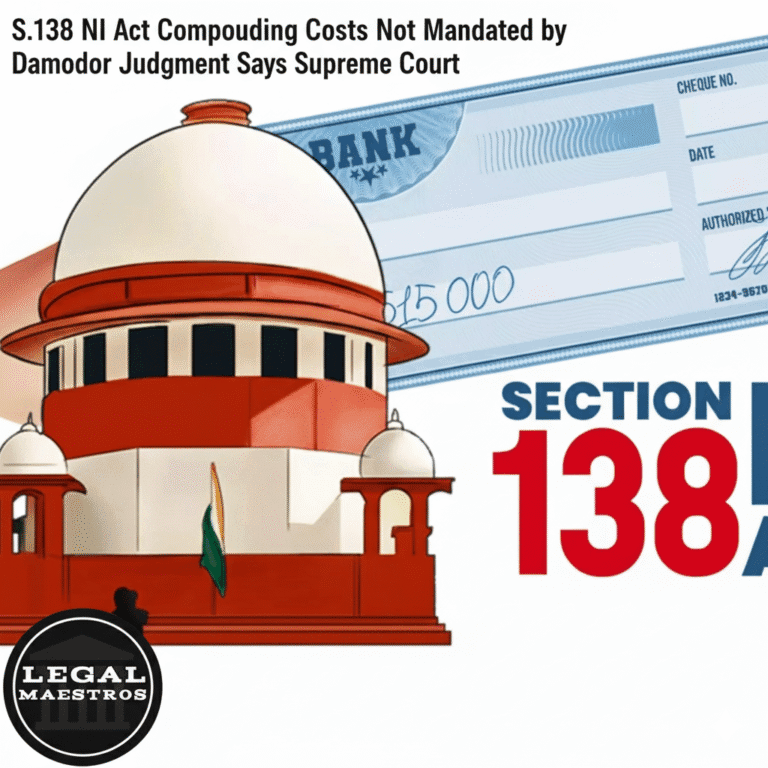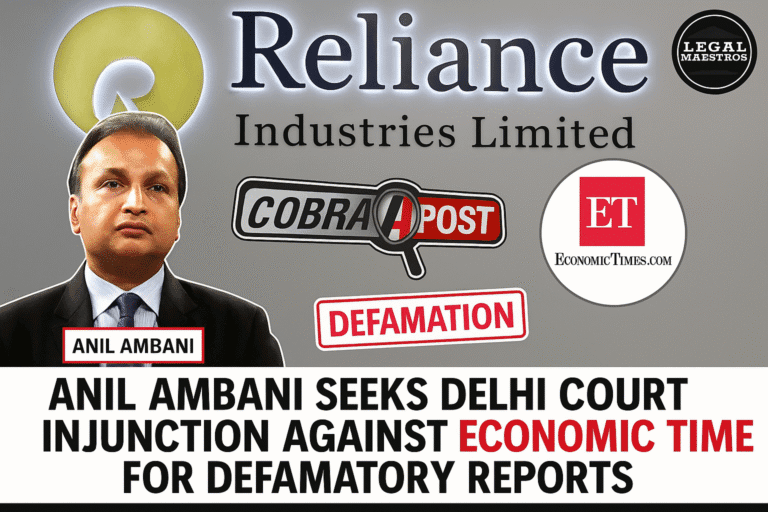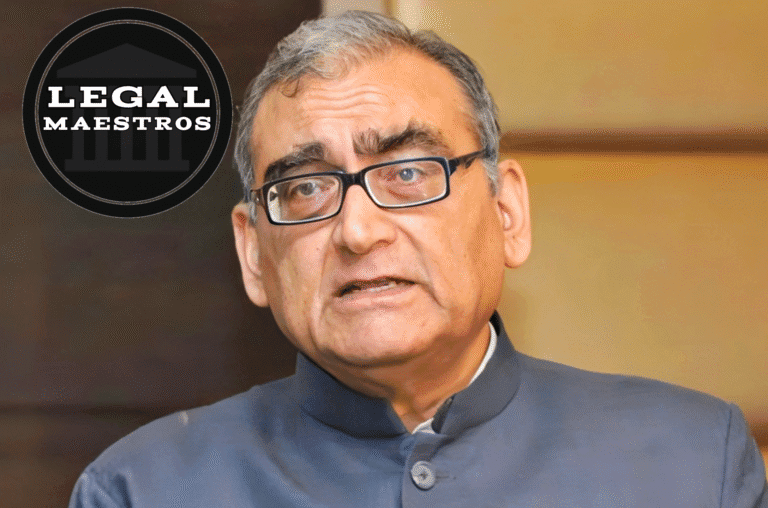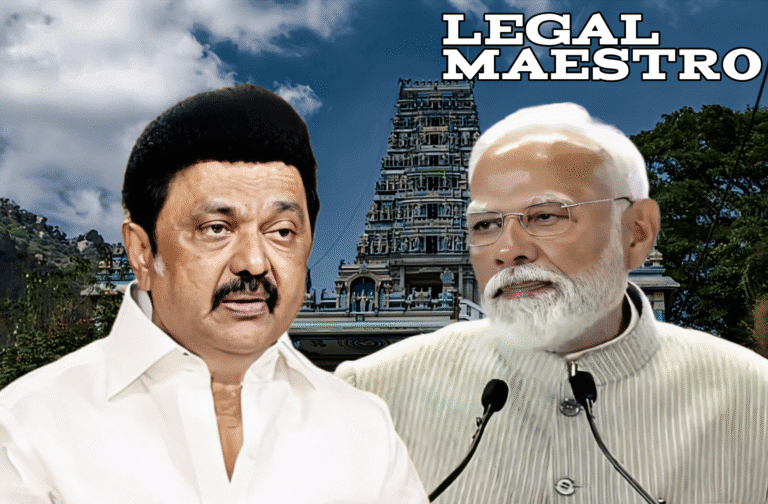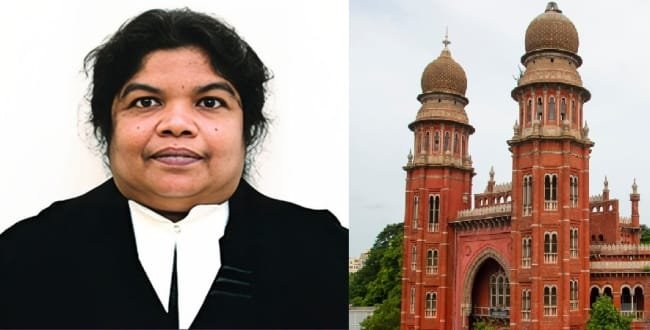
The Indian government has gone an extra mile to introduce the Amendment bill of the constitution (130th Amendment) Bill. This bill together with two other bills aims at a fundamental shift in the treatment of the most prominent leaders in India of its politics such as the Prime Minister, the Chief Ministers and other Ministers in the face of serious criminal charges. The main argument of the bill is that it should offer a legal mechanism through which they are automatically removed out of office in case they are in police custody necessitating 30 consecutive days on a serious crime. The purported goal of the government is to instill the idea of good morals among the society and prevent such leaders, who are undergoing such charges, to remain in power. Nonetheless, this proposal has come under intense criticism with the opposition citing as their major caveat the legality and abuse issues of the proposal.
What the Proposed Bill Holds: Accepting, Receiving or Turning Over.
The Constitution (130th Amendment) Bill is an endeavour to make some changes in the Constitution of India in important articles which are Articles 75, 164, and 239AA. These articles discuss the appointment and removal of ministers on the central government and the state governments including the Prime Minister and the Chief Ministers.
The key clause of the bill is that any arrest of the Prime Minister, a Union minister, a Chief Minister or a state minister and confinement to prison between 30 days, will automatically cause him/her to vacate his/her post on the 31 st day. This takes effect in relation to offences which are punishable by a period of five or more years of jail time.
For any queries or to publish an article or post or advertisement on our platform, do call at +91 6377460764 or email us at contact@legalmaestros.com.
In the bill, there is a clearly defined process through which this is to occur. A Union minister would be removed by the President of India on the advice of the Prime Minister. Any advice not provided within 31 days, would by automatic operation, render the minister a non-holder of office. A similar procedure is described as far as state ministers are concerned and the governor would be acting under the advise of the Chief Minister.
Interestingly the bill also talks about the case where the Prime minister or Chief Minister is arrested. It suggests that in the case of a serious offence they should be kept in custody within 30 days at which time they have to step down by the 31 st day. Unless they do so, their office shall so automatically become vacant.
In order to have a uniformity in various parts of the country, the provision have also been extended to Union Territories and Jammu and Kashmir in two fresh amendment bills.
For any queries or to publish an article or post or advertisement on our platform, do call at +91 6377460764 or email us at contact@legalmaestros.com.
The Provisions of the Legal and Constitutional Discussion
This is a bill that has brought a legal and constitutional battle. The points of concern behind the controversy boil down to two aspects, including the concept of innocent until proven guilty and the possibility of political abuse.
1. The rule of innocent until proven guilty.
One of the best accepted principles of law in a democratic system is that an individual is innocent until a court of law establishes the fact that one is guilty. The proposed bill counters this, as the bill proposes that a leader can be removed based on his/her arrest and custody and not conviction.
At present, the Indian law, particularly the Representation of the People Act, 1951- provides that a Member of Parliament (MP) or a Member of a Legislative Assembly (MLA) can only be disqualified to hold his seat when he is convicted of, and a jail term of two years or more is pronounced. The suggested bill goes a further step and associates the removal with the stage of custody, which is pre-conviction.
For any queries or to publish an article or post or advertisement on our platform, do call at +91 6377460764 or email us at contact@legalmaestros.com.
Critics of the bill point out this will create a situation where an agency undertaking the investigation of a case, be it the police, the CBI or the Enforcement Directorate (ED), decides one person or the other and makes the call on forming an opinion about his/her forte, completely bypassing the court. They are afraid that a political opponent might be arrested by these agencies and detained without trial within 30 days in accordance to prepared charges and therefore automatically deposed without any actual trial or conviction. According to them it reverses the principle of justice and places the executive branch of the government with too much power over the judiciary.
2. Political Misuse as a Problem
A significant point of concern that opposition raised with regard to this law is a possible political abuse. They contend that, the central government is capable of relying on its agencies to arrest and remove chief ministers of states whose parties are in opposition. This, according to them, would destabilize those democratically elected governments and crumble down the federal structure of India, which is one of the main aspects of the Constitution.
Suppose, suppose, a Chief Minister in opposition party has been arrested on some serious charge and an investigating agency is in a position to hold such a Chief Minister in custody even up to 30 days, such a Chief Minister would lose his position. This would cause a political instability and power vacuum within the state which may cause the government to collapse. The opponents claim that this is a powerful weapon in the arsenal of the ruling party at the Centre to topple state governments, neutralize political opponents.
For any queries or to publish an article or post or advertisement on our platform, do call at +91 6377460764 or email us at contact@legalmaestros.com.
The Justification given by Government
The government on the contrary, claims that the bill is also essential to preserve constitutional morality and faith of the people. As it is put, a leader incarcerated awaiting trial on heavy criminal offences is not likely to be trusted to govern the nation and yet be expected to perform well. By way of explanation of what is meant by the requirement of a character beyond any ray of suspicion, the government says that is what a holder of a high constitutional office must possess.
They indicate that in the recent past ministers and even chief ministers have remained in office even when they are in custody over a long duration of time. Particularly, the government feels that it sends out the wrong signals to the rest of society, as well as undermining the integrity of elective office. The bill they argue is a preventive measure to tackle this problem and attempt to have individuals in authority to act with utmost integrity.
Work of Joint Parliamentary Committee
The bill has been forwarded to a Joint Parliamentary Committee (JPC) to make a detailed analysis. A JPC is a panel constituted by both houses of the parliament i.e. Lok Sabha (House of the People) and Rajya Sabha (Council of States). It is meant to scrutinize a bill, hear arguments of various experts and stakeholders and propose amendments.
For any queries or to publish an article or post or advertisement on our platform, do call at +91 6377460764 or email us at contact@legalmaestros.com.
The referral of the bill to a JPC implies that its various clauses are going to be duly discussed. This will enable the proposed law to be reviewed in a much relevant and non partisan manner since members of both the ruling and the opposition parties will be in the committee. It provides an opportunity to settle on issues that are of concern to the opposition and possibly change the pill before it is reintroduced back to the Parliament where it will be voted on.
The Constitution (130th Amendment) Bill is a remarkable unique attempt to introduce a new standard of accountability by the political leaders of India. Whereas the government considers it a mandatory measure to reduce the criminalisation of politics and ensure its sustainability, the opposition side notes that it is a draconian law and can be applied to persecute the political opponents and threaten to depreciate the democratic and federal order in the country. The argument also illustrates the conflict between two essential principles of a good governance requirement of integrity in the office with the basic right to be considered innocent until guilty. This now throws the Joint Parliamentary Committee into prominence where the recommendations of this committee will define a new era in the Indian legal and political history.


